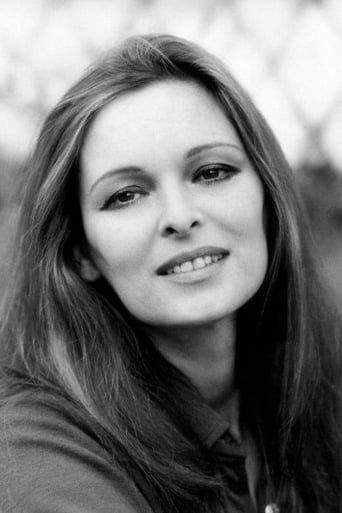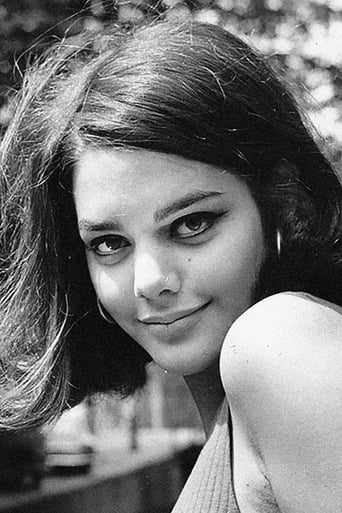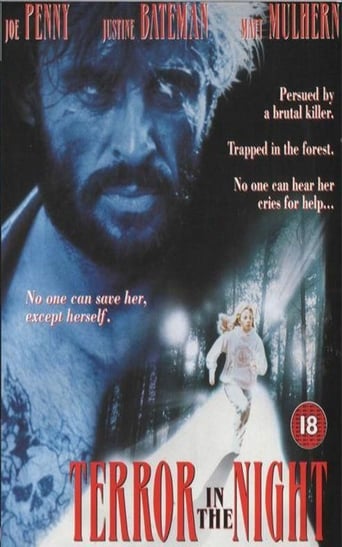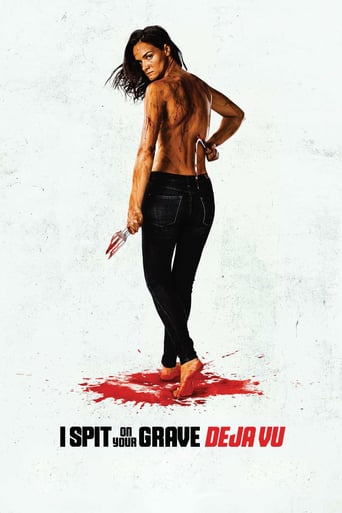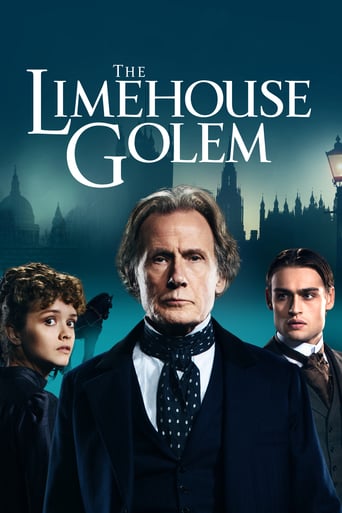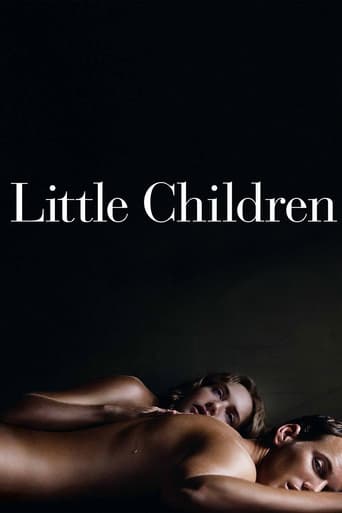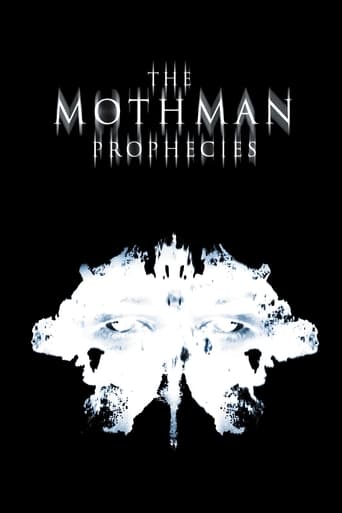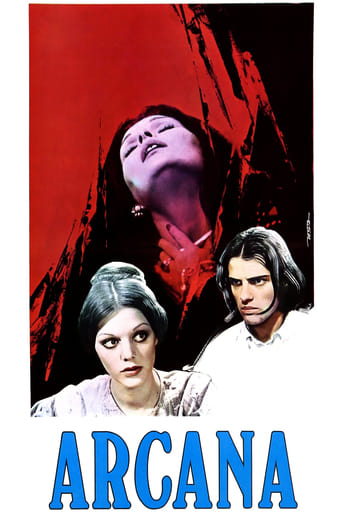
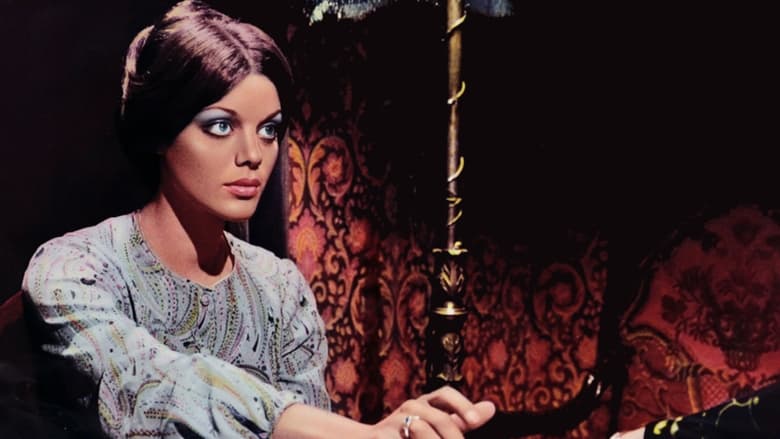
Arcana (1972)
A Sicilian widow earns her living as a clairvoyant, in Milan, but she hasn't got any power at all. Her son instead holds supernatural powers and with the help of his mother he becomes a strong sorcerer. But he fails perhaps to understand the real strength he possesses inside and unbinds uncontrolled forces that lead people that surround him to go mad.
Watch Trailer
Cast
Similar titles
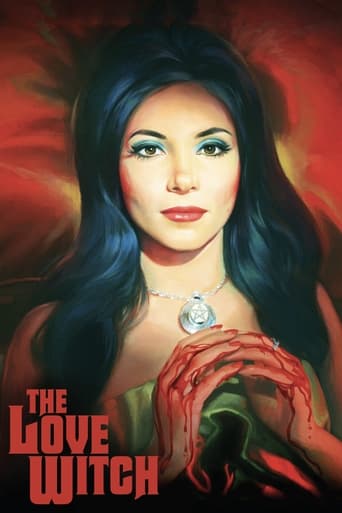
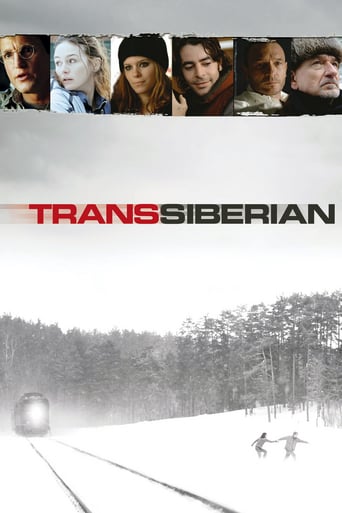
Reviews
Awesome Movie
All that we are seeing on the screen is happening with real people, real action sequences in the background, forcing the eye to watch as if we were there.
The movie is wonderful and true, an act of love in all its contradictions and complexity
The acting in this movie is really good.
Directed by Giulio Questi, he of Django Kill and Death Laid An Egg, was never going to make a straightforward film about a clairvoyant and her son in Milan. The spaghetti western included a crucifixion and a band of gay cowboys whilst the giallo included the rearing of headless chickens, so this surreal outing has its own very strange moments. For the most part though, this is very powerful and disturbing tale with the much loved Lucia Bose as the fake clairvoyant and the lovely, Tina Aumont as one of her clients. Her son, who does seem to have powers, falls for the younger woman with devastating results. As I say for the most part an extraordinary and involving horror but there is a playfulness that detracts and an ending that bemuses. great soundtrack that very much adds to the very creepy feel.
1970's Italian film is a strange trip through 1970 Italy on the verge of modernity, decay, madness and revolution. Widowed witch Mrs. Tarantino is using any method at her disposal to eke out a living as a psychic medium and healer, plying her trade with the help of her more powerfully gifted son. Disgusted by his mother's clients and her obvious use of chicanery, the son begins a late coming of age journey discovering not only who he is but also his true powers. (**Spoiler Alert**) The seemingly ambiguous plot is open to interpretation. I certainly can't tell you what the filmmaker wanted to convey - only what I took from it: That he son is actually a familiar created by the mother after the accidental death of the father (during the construction of a subway). The son struggles with themes of power, real magic and identity (actual and sexual). He tests his growing power of arcane knowledge on his mother's seedier clients. Then, after finding no trace of his father in the subway, he curses it by hanging a mobile over the entrance. Then he curses the city with mobiles strung from TV antennas. In the end, he decides to create another familiar in the womb of an attractive victim, which will be his bride. But she dies before it can be delivered. Then the revolution starts (because of the curse?). Or something like that.The story is told with uncommon imagery like, but not limited to: cross-dressing, bread-men, snakes, amputation, feral children, levitating dishes, tarot cards, peeing, photo retouching, bondage, regurgitated frogs, pantyhose masks, oedipal imagery, breast slashing and a donkey in a hoist.
One of the more obscure of Italian horrors that are still accessible, and understandably if not deservedly so, Arcana is tricky stuff. Nominally a horror film though cleaving more towards the work of Bunuel and his like, more concerned with unravelling the structures that underpin modern living than freaking out the audience. The film announces itself at the outset, what is about to unfold is not a story but a game of cards, the opening and epilogue purposefully unbelievable the aim for the audience to play well and win out in the end. So from the start one knows to pay attention, to look out for bluff and stake, for hand and poker face, this symbolic endeavour becoming literal when Tarot cards begin to figure in the plot. Well its more of a concept, its components and tangents than a conventional story, a study in a mother and son who use psychic powers to provide solace to Romes rich and needy, the mother perhaps a fraud, the son true wielder of power chafing against life and surroundings. Others are drawn in to this arrangement, strange desires are revealed as well as some pretty strange and occasionally disturbing events, but its not so much a plotted film as themed (fate, truth and falsehood, industrial decay etc), the story breaking apart in the second half to hatch meaning from confusion. Its interesting stuff albeit rather slow, powerfully brought to life by Maurizio degli Espositi as Son and Lucia Bose as Mamma. The former brings a constant feel of clammy, detached malignity, the latter affecting in a run down and rough hewn, sneaky but practical manner. They play well off each other, with unsettling undercurrents reaching a head around the halfway mark with a chilling act of violence. Writer director Giulio Questi fortunately is a master of his imagery, so though the pace is slow and visuals restrained they are near perfectly chosen, around half the strange sights contributing to the themes of the film, the other half the uncanny weirdness sprung forth from these themes. Like the bones that Son find peeking from wasteground to the backdrop of bleak tower blocks, symbol of rot just beneath city skin, compared with a bizarre incident involving frogs, expression of revolution. A little more the way of events would have gone a long way in this one, as though appropriate, the final block is lacking a little in impact. There aren't enough real jolts and though things are generally creepy enough to earn the tag of horror it really is on the fringes. And whilst an overarching theme emerges there are interesting currents that go underexplored, bits and pieces that could have been better developed. Still a film that rather fascinated me and one that has played long in my mind in the ten or so days since I saw it. One for fans of the stranger end of Italian horror and surrealism outright, others may be less impressed.
Lucia Bose is one of the all-time icons of European cinema, and a lost but essential showcase for her talents is Giulio Questi's experimental ARCANA, a film that lived up to its title. Having recently seen a full-length (102-minute) version, I recommend it heartily.Unfortunately not only the film but Bose's rep has gotten mislaid in film history. Most young fans today could recite a list of starlet Edwige Fenech's credits, yet Bose, who appeared in many classics by Antonioni, Juan Antonio Bardem, Bolognini, Bunuel, Cavani, Cocteau, Duras and Fellini (just to start off the alphabet!) is not recognized in her lifetime.She toplines ARCANA as a fake spiritualist, working with her weird, arrested-development son to make a living with séances and private readings. Midway through the film we see some levitating plates and other housewares to indicate that the son is actually in touch with the spirit world, but basically the film unfolds in the interesting genre of SEANCE ON A WET AFTERNOON, until director Questi literally goes crazy in the 2nd tempo.The morbid atmosphere is intense, though this is not a traditional horror opus by any means. Questi rather is a surrealist in the vein of Arrabal, Alexandro Jodorowsky and other midnight-movie favorites, and even includes his oddest fetish, the eggs & chicken from his most famous (and still applauded) work DEATH LAYS AN EGG. An unsung auteur is editor Franco Arcalli, whose presence on a film I have found nearly guarantees both weirdness and quality, whether working with Antonioni, Bellocchio, Bertolucci or Cavani.The off-color material included here is probably what led to its obscurity, even in a world drenched with full-out pornography. I guess the material is harder to tolerate in a "real" film than in actual porn, which current inversion in tastes has put on an "anything goes" type of pedestal. At any rate, Questi has our hero Maurizio Degli Esposito, who looks to be about 25, routinely wandering down the hallway carrying a big butcher knife, to sleep with mama Bose because "he's afraid".-MAJOR SPOILERS AHEAD- Questi ends the first tempo of the film, at just under the hour mark, with a horrific payoff where Esposito ties up mom's arms and legs in bondage mode, rips open her bedclothes to expose a breast and brandishes the knife -quite a cliffhanger.Eventually in the second tempo we see that Bose is okay, and the implied rape/incest is left hanging for the viewer to wonder about (definitely the best strategy). A frequent client, beautiful young Tina Aumont, has been spied on by Esposito during his misanthropic subway rides, and he sexually assaults her during one of her palm readings by Bose, with mom failing to come to the girl's aid. Final reels become increasingly abstract, with a whole group of people awaiting a séance going Living-Theater-style nuts (under Esposito's influence no doubt), while he corrupts the neighbor kids who hang out in their tenement's hallway. Bose conducts a ritualistic abortion (!) on client Aumont, and film climaxes with a seeming revolution outside in which townsfolk are pitted against the military, resulting in a nihilistic finish of Bose cut down by gunfire.One can well imagine a dumbstruck film festival audience plodding out of the cinema back in 1972 after sitting through this assault on the senses, lured in the first place by the participation of then essential European stars Bose and Aumont. Esposito, who is handsome but perhaps typecast as terminally strange, didn't have much of a career, though I see he subsequently starred opposite the divine Laura Antonelli in another weird, lost film SIMONA, a picture never released in America despite Antonelli's huge success several years later that opened up the vaults of her past work. (NOTE: SIMONA has recently been imported belatedly on DVD by Mya.)Bose is a true Earth Mother here, the type of role that normally would have been assigned at the time to Sophia Loren but because of the sordid material would not have even been worth submitting to that regal legend. She is unafraid to look "ugly" (impossible) in closeups, but has a chance here to let it all hang out in one of her greatest roles. Aumont is beautiful as ever, lending her usual sexploitation quotient to the proceedings.Questi's symbolism and motifs remain alarmingly obscure; especially in this case Esposito's cross dressing, making faces in his mirror and his morbid fixation on family-style photos and photos of hands. There is perhaps a social/political dimension driven home by repeated scenes of pickax toting workers underground on the subway, but a recurring image of a donkey being hoisted by pulleys up to the third floor had me scratching my head.The musical score is one of the film's strongest assets, including a weird violinist on screen who serves almost a pied piper function and is essential to creating the surrealistic mood.
